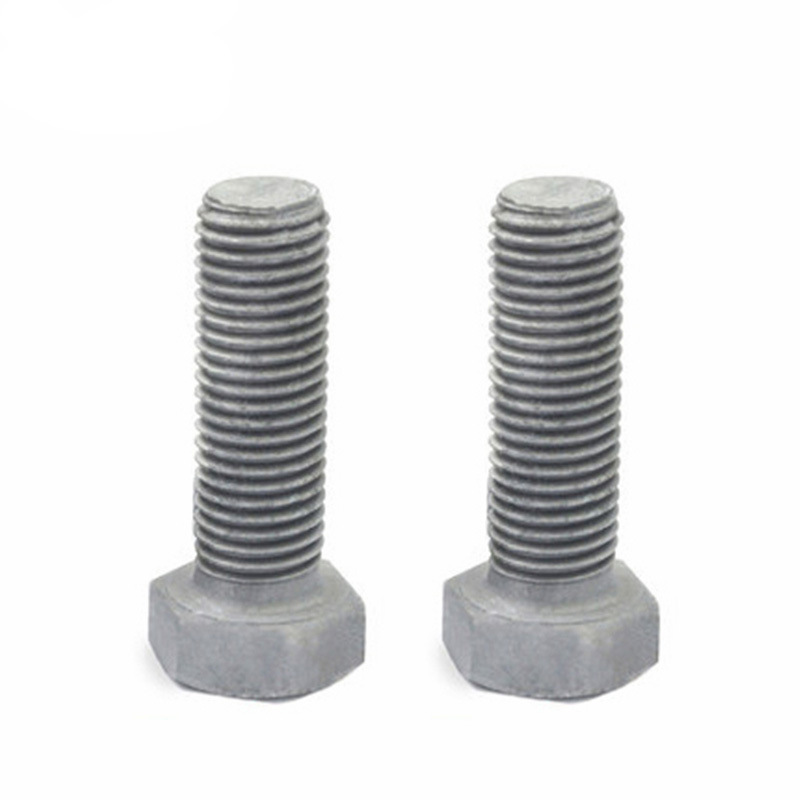

heavy duty flat washers
Oct . 16, 2024 18:44 Back to list
heavy duty flat washers
Understanding Heavy Duty Flat Washers A Comprehensive Overview
Heavy-duty flat washers are essential fasteners that play a critical role in a wide variety of industrial, commercial, and residential applications. These components are designed to distribute the load of a fastener, such as a bolt or a screw, and to prevent damage to the surface of the material being fastened. By increasing the load-bearing surface area, flat washers help to reduce the risk of loosening and wear over time, making them a valuable addition to any assembly.
Material Composition and Specifications
Heavy-duty flat washers are commonly made from robust materials like steel, stainless steel, or brass, depending on the specific requirements of the application. Steel washers can be plated or coated to enhance their resistance to corrosion, ensuring longevity in challenging environments. Stainless steel washers offer superior resistance to rust and corrosion, making them suitable for applications in marine or other moisture-rich settings. Brass washers, known for their aesthetic appeal and corrosion resistance, are often used in decorative applications or electrical components.
Size and Thickness Variations
Heavy-duty washers come in various sizes and thicknesses to accommodate different fastener sizes and load requirements. The standard dimensions of a flat washer typically include inner diameter (ID), outer diameter (OD), and thickness. Choosing the right size is crucial, as a washer that is too small may not provide adequate load distribution, while one that is too large may not fit properly within the assembly. The thickness of the washer is equally important, as thicker washers generally provide increased load distribution capabilities and can help in resisting deformation under pressure.
heavy duty flat washers

Applications Across Industries
The versatility of heavy-duty flat washers makes them suitable for a myriad of applications across various industries. In the construction sector, these washers are commonly used in securing structural components, ensuring that bolts and other fasteners maintain their integrity over time. In the automotive industry, heavy-duty washers are employed in securing engine parts and chassis components, where the risk of vibration and movement requires reliable fastening solutions. Additionally, in the manufacturing and machinery sectors, these washers are critical in preventing wear and tear in high-load environments.
Installation and Usage Tips
To ensure optimal performance of heavy-duty flat washers, it’s essential to follow best practices during installation. It’s recommended to clean the surfaces that will be joined to remove any contaminants that could affect the strength of the connection. When placing the washer, it should be done so that the smooth surface is in contact with the fastener and the rougher surface is against the material to be fastened. Proper torque should be applied to the fastener to ensure a secure fit without over-tightening, which could lead to deformation of the washer.
In conclusion, heavy-duty flat washers are a fundamental component in various fastening applications. Their ability to enhance load distribution and protect surfaces makes them indispensable in countless industries. By understanding their materials, specifications, and proper usage, engineers and DIY enthusiasts alike can ensure reliable and long-lasting assemblies.
Latest news
-
High-Strength Hot Dip Galvanized Bolts - Hebei Longze | Corrosion Resistance, Customization
NewsJul.30,2025
-
Hot Dip Galvanized Bolts-Hebei Longze|Corrosion Resistance&High Strength
NewsJul.30,2025
-
High-Strength Hot-Dip Galvanized Bolts-Hebei Longze|Corrosion Resistance&High Strength
NewsJul.30,2025
-
Hot Dip Galvanized Bolts-Hebei Longze|Corrosion Resistance&High Strength
NewsJul.30,2025
-
Hot Dip Galvanized Bolts - Hebei Longze | Corrosion Resistance, High Strength
NewsJul.30,2025
-
High-Strength Hot Dip Galvanized Bolts-Hebei Longze|Corrosion Resistance, Grade 8.8
NewsJul.30,2025

